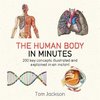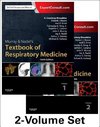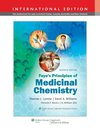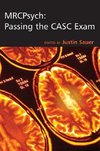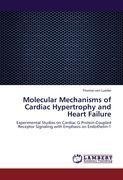
-
 Anglický jazyk
Anglický jazyk
Molecular Mechanisms of Cardiac Hypertrophy and Heart Failure
Autor: Thomas von Lueder
Heart failure (HF) is a major cause of death worldwide. Remodeling of the heart plays an important role in the development of HF. Activiation of the vasoconstrictor endothelin-1 (ET-1) in HF has multiple adverse effects on the cardiovascular system. Dr.... Viac o knihe
Na objednávku, dodanie 2-4 týždne
44.35 €
bežná cena: 50.40 €
O knihe
Heart failure (HF) is a major cause of death worldwide. Remodeling of the heart plays an important role in the development of HF. Activiation of the vasoconstrictor endothelin-1 (ET-1) in HF has multiple adverse effects on the cardiovascular system. Dr. von Lueder et. al. identified the lungs as a major source of increased ET-1 levels in a HF model. Pulmonary congestion increased the number of inflammatory cells as well as ET-1 production. When HF animals were treated with a macrophage blocker in follow-up experiments, ET-1 levels were reduced and, importantly, cardiac function improved. Important aspects of cardiac function are controlled by G protein-coupled receptors (GPCR). GPCR signaling is shut off by a small group of enzymes called GRKs. In genetically-engineered mice (GRK3ct), GRK3 inhibition enhanced cardiac function, presumably through continuous a-adrenergic signaling. Importantly, GRK3ct mice were prevented from HF when subjected to sustained severe cardiac stress for up to three months. The thesis by Lueder et. al. provides new mechanistic insights into the development of cardiac hypertrophy and HF and may yield novel therapeutic targets.
- Vydavateľstvo: LAP LAMBERT Academic Publishing
- Rok vydania: 2011
- Formát: Paperback
- Rozmer: 220 x 150 mm
- Jazyk: Anglický jazyk
- ISBN: 9783844381993
